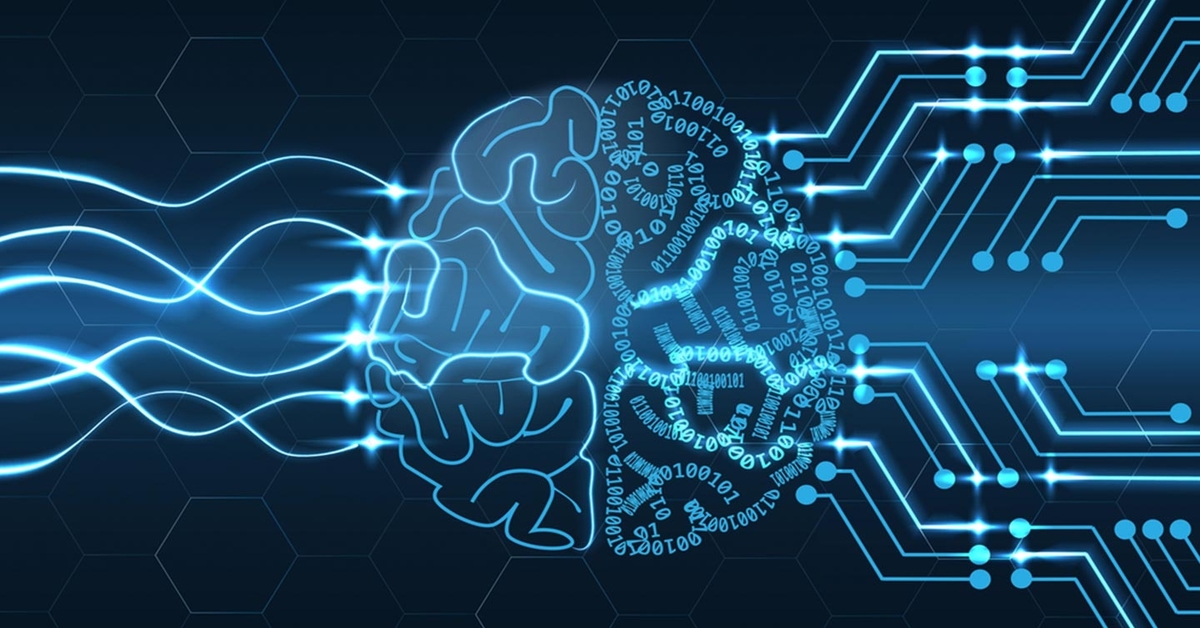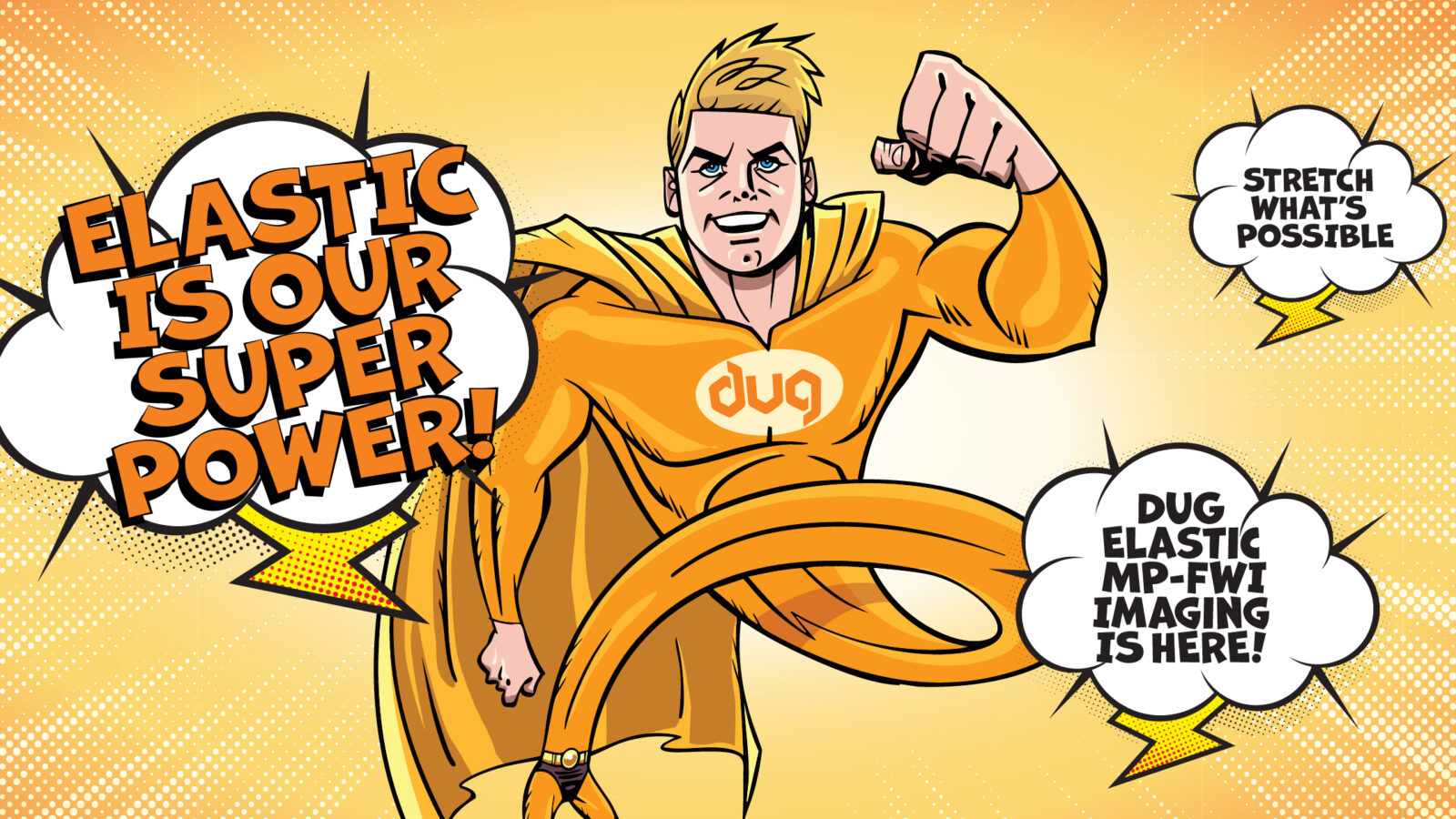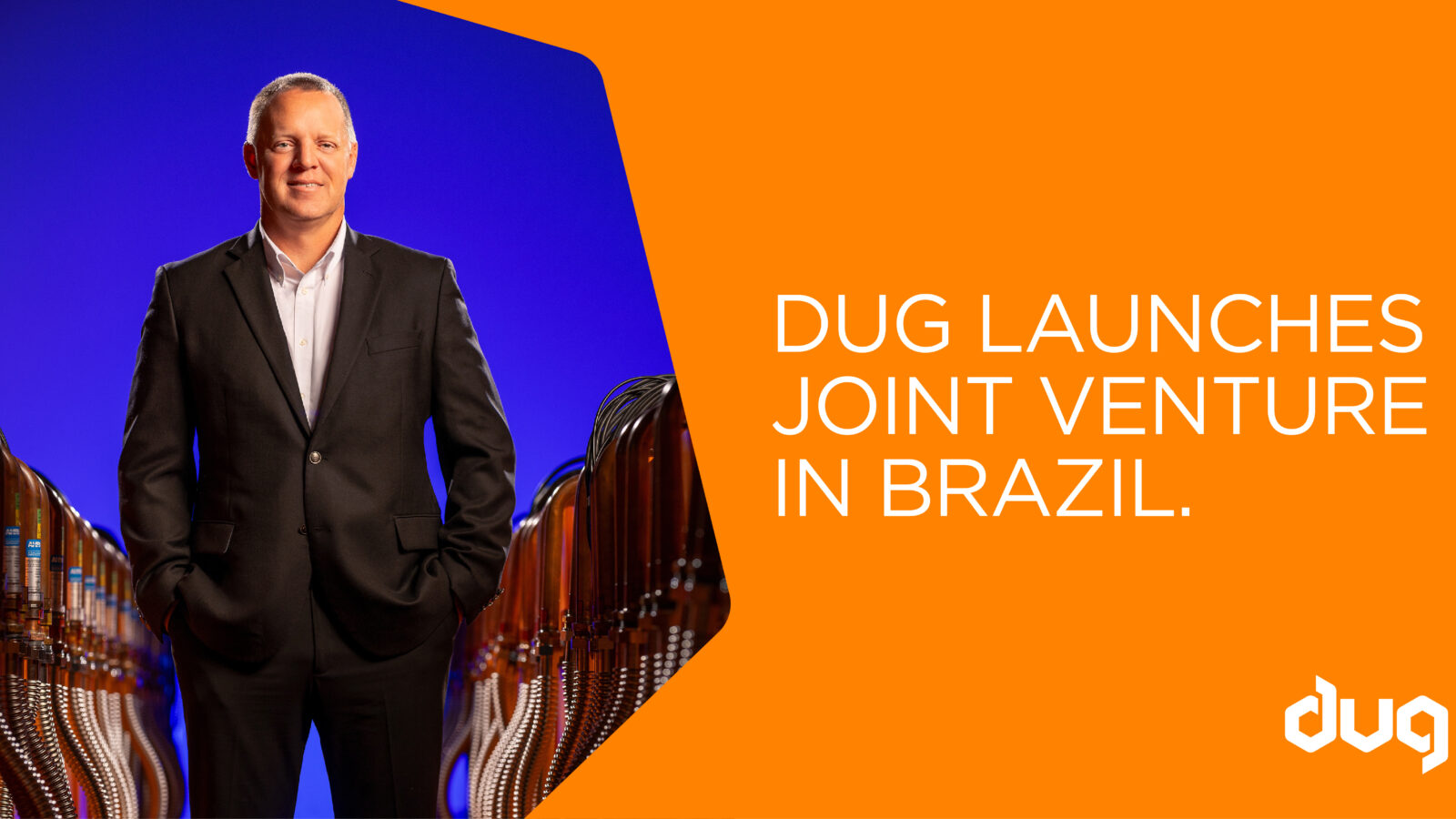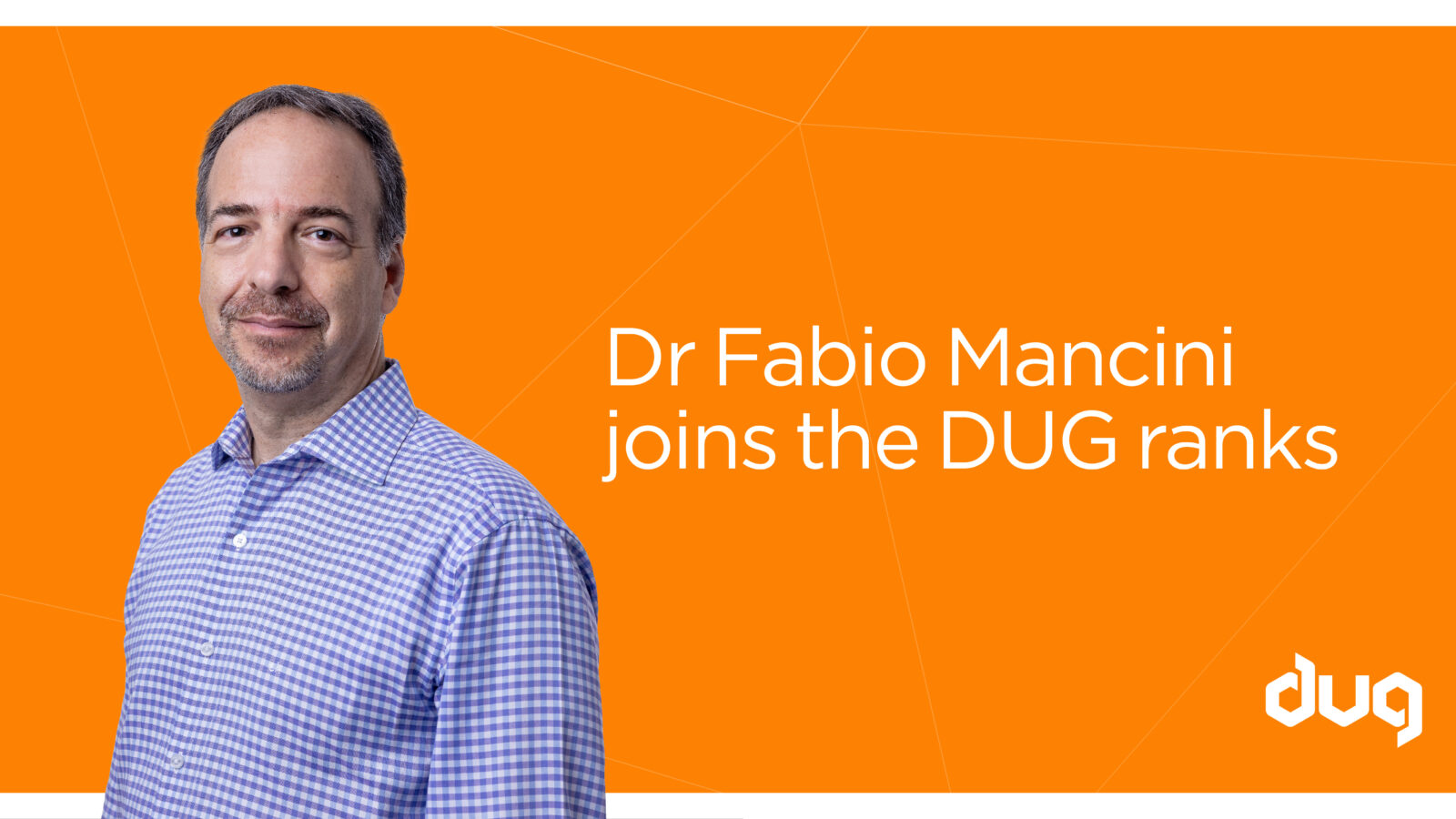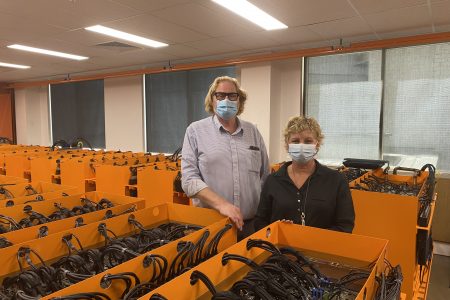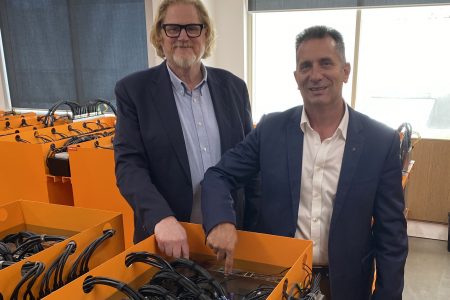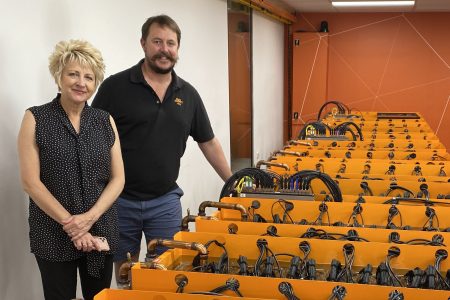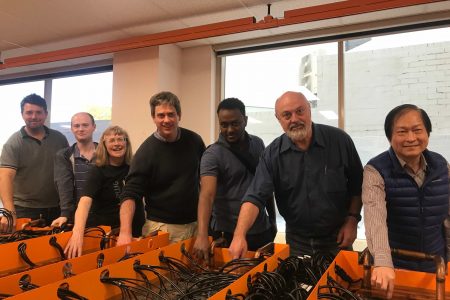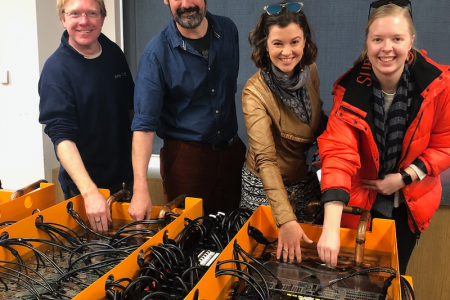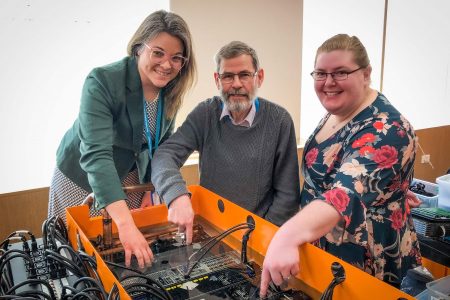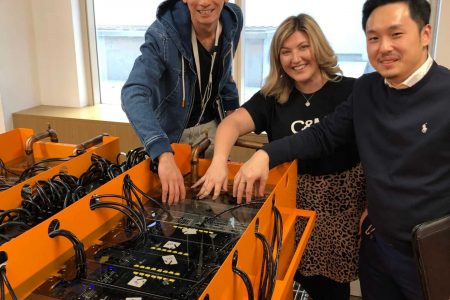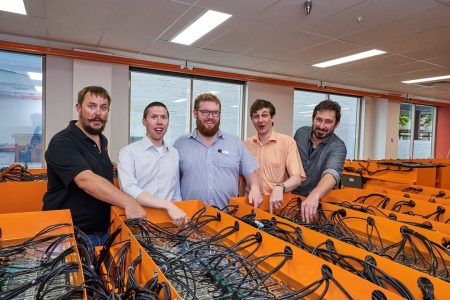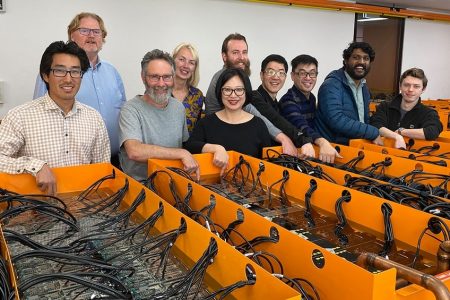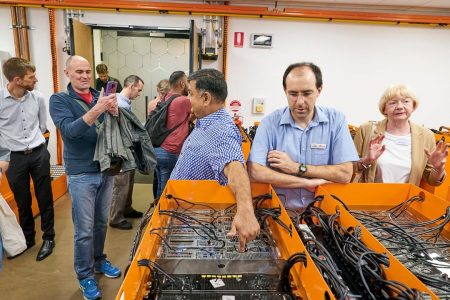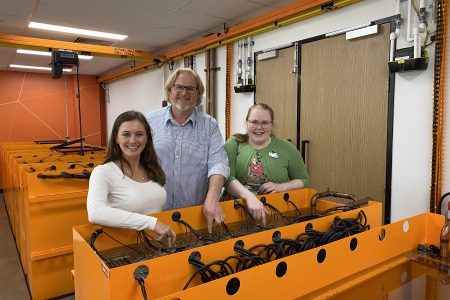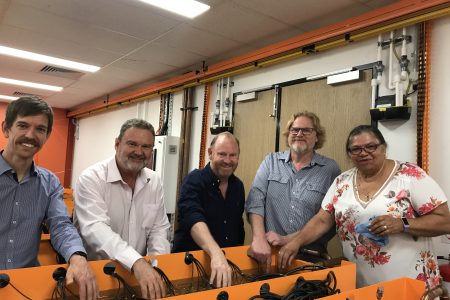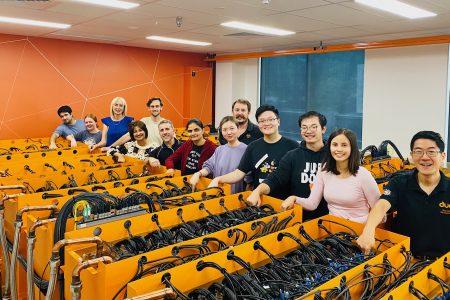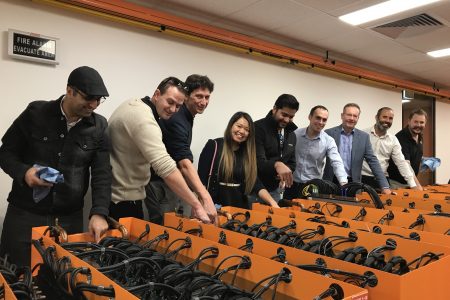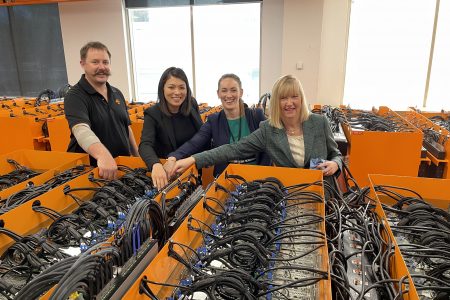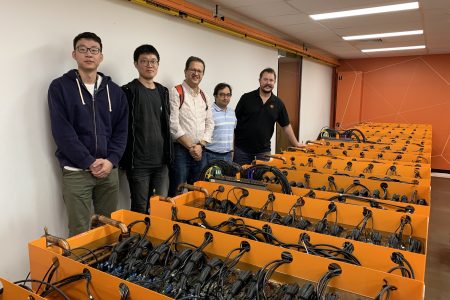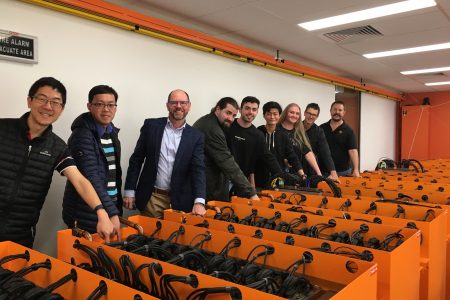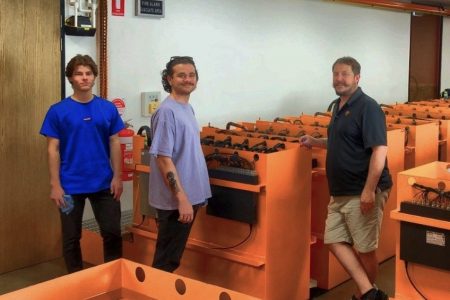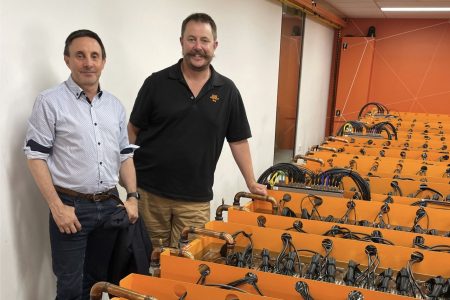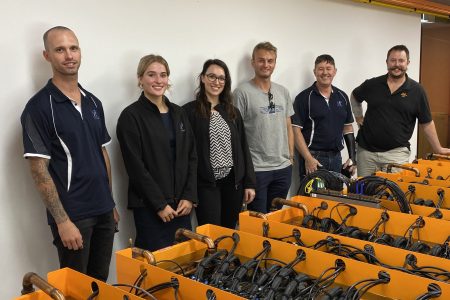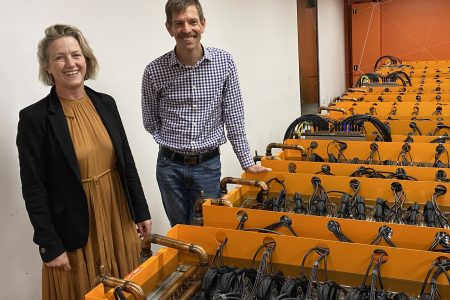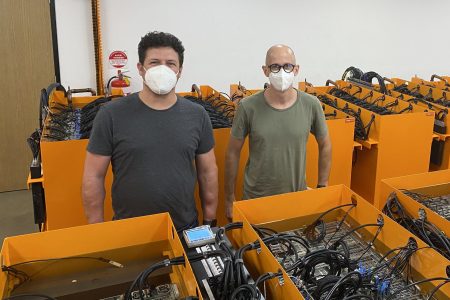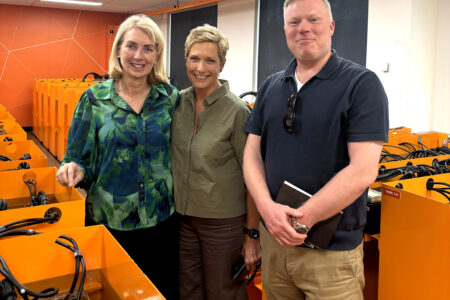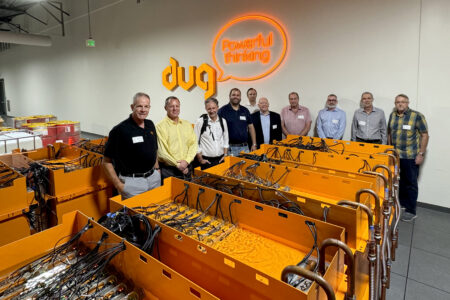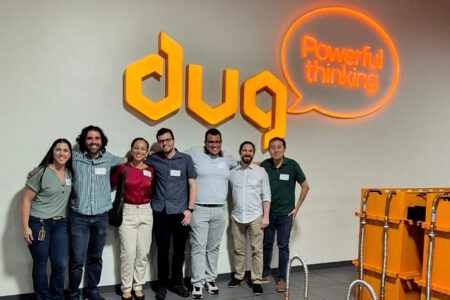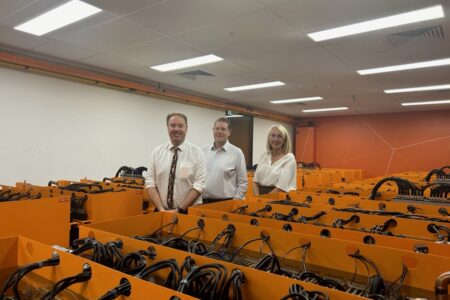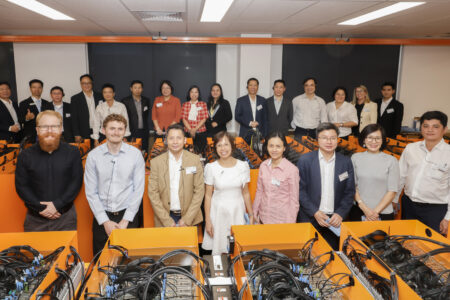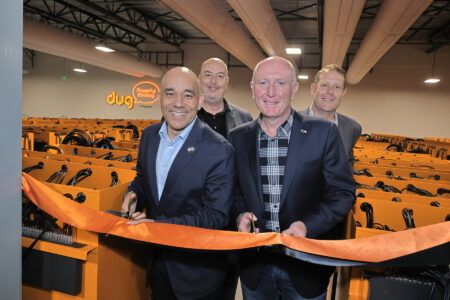Recently, the use of machine learning has been gaining traction in the data-processing community as many researchers attempt to implement deep-learning algorithms to address various seismic processing challenges.
One such challenge is the matching of data sets – sounds simple, but it’s in fact incredibly complex! Given the ubiquity of this task in a typical workflow, there is always a strong motivation to develop more effective and efficient algorithms.
In work published by industry magazine First Break, our research team at DUG has proposed a novel deep-learning approach for matching data sets as applied to adaptive subtraction of multiple models.
Titled “Adaptive subtraction using a convolutional neural network”, the research paper describes the possibility to use deep-learning networks to perform adaptive subtraction and as a result, benefit from the power of complex non-linear filters.
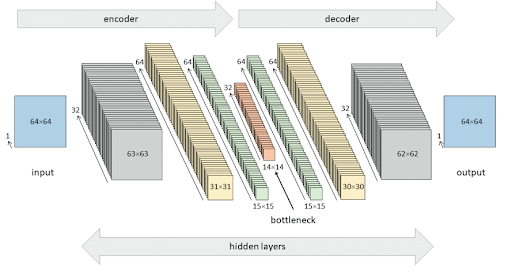
The architecture of DUG’s deep-learning adaptive subtraction network.
Inspired by the idea of a convolutional autoencoder,our team has successfully developed a supervised convolutional autoencoder which, crucially, can be trained using a subset of the data to which the process is ultimately applied. As a result, unlike many other machine learning approaches, it does not rely on a wide variety of pre-existing results for training purposes, which is often a barrier to effective results.
Our researchers have furthered the application of the network by implementing it to estimate the non-stationary Hessian as part of least-squares migration. We are looking forward to publishing these exciting developments in the near future – watch this space!
Adaptive subtraction using a convolutional neural network can be found in the latest edition of First Break or online at www.firstbreak.org


